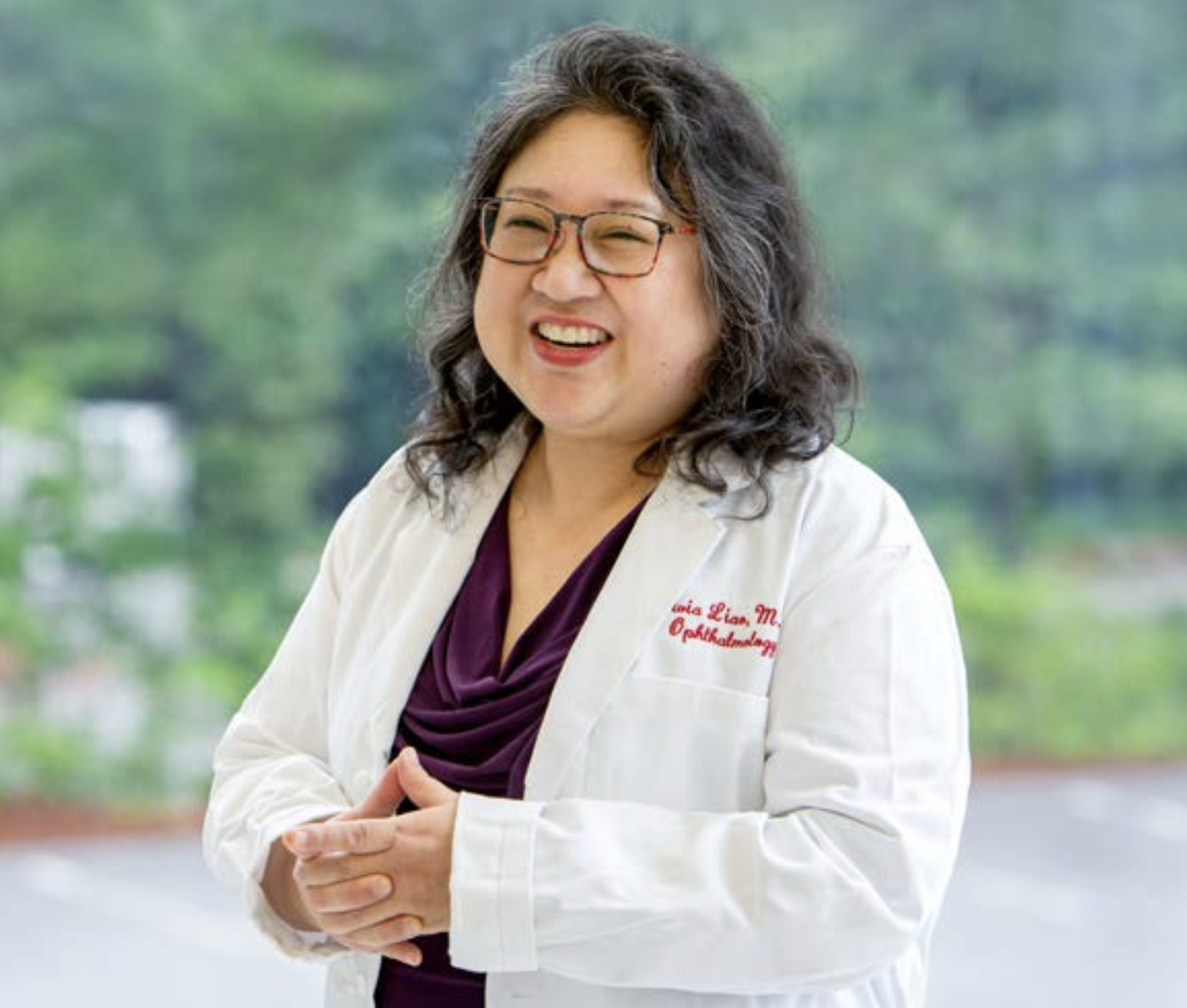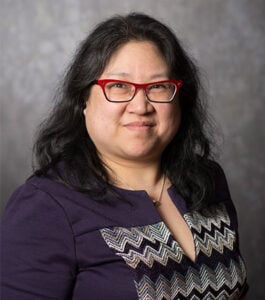Q&A with Dr. Olivia Liao, Emerson Health Physician and President of the Massachusetts Medical Society
We are proud of Emerson Health’s physicians who shape the future of healthcare. One outstanding example is Dr. Olivia Liao, who is the 143rd president of the Massachusetts Medical Society (MMS), the professional association for physicians with more than 24,000 members across the state. A board-certified ophthalmologist with Emerson Health-affiliated Lexington Eye Associates, Dr. Liao is passionate about improving health care for all Massachusetts residents.
Learn from Dr. Liao about some of the current issues and opportunities facing patients and physicians, and her best tips to stay healthy:

Q: To begin, what does the Massachusetts Medical Society (MMS) do, and how does it help patients?
A: The MMS is the oldest continuously operating medical society in the country. Our mission is simple: We believe health care is an intrinsic human right, and we work to ensure everyone has equitable access to quality, affordable care. We advocate for policies that benefit patients and physicians, such as lowering prescription drug costs. The MMS also publishes The New England Journal of Medicine, which physicians around the world rely on for the most accurate, up-to-date medical research.
Q: Next is a question on the minds of many people. Finding a primary care provider (PCP) is harder than ever. What are your best tips to help people find a PCP that is right for them?
A: Massachusetts and our whole nation face a historic shortage of primary care doctors. Here are some ways to help find a PCP that is right for you:
- Ask friends and family for recommendations
- Check with your health insurer for a list of in-network doctors
- Be open to choosing nurse practitioners (NPs) and physician assistants (PAs) who have extensive medical training and work closely with PCPs to deliver excellent care
- Many PCPs offer patients virtual appointments for some conditions, so you may not need to find a PCP that is very close to where you live or work – expanding the geographic location may make it easier to find a PCP
- Call some PCP offices and talk with their staff to learn more about their providers. You can ask about their experience, special areas of interest, communication style, what hospital they are affiliated with, or other questions you might have
- When you find a PCP, ask the office staff to put you on the wait list for an earlier appointment.
- If you are between PCPs, an urgent care center can help fill the gap temporarily. A PCP gets to know you and your health goals over time and focuses on preventing illness before it starts through check-ups and health screenings, so it is important not to rely on urgent care centers to manage your health long-term.
Q: What is the MMS doing to help alleviate the PCP shortage?
A: We are working with lawmakers to invest more in primary care, make medical school more affordable, and reduce the administrative burden on physicians so they can spend more time with patients and reduce physician burnout, which is one of the most common reasons why doctors decide to stop practicing, change careers, or retire.
Q: How can new technology like artificial intelligence (AI) help doctors and patients?
A: In addition to other uses, including diagnostic and therapeutic suggestions, AI has great potential to reduce paperwork, such as documenting visits and handling insurance authorizations. Appropriate uses of AI can free physicians from administrative burdens so they can spend more time with patients.
I recently tested an AI scribe and found it has great potential to reduce the time it takes to chart notes and allow us to spend more time with patients. The medical AI industry is focused on developing new technology to ensure patient privacy and avoid biased or inaccurate recommendations. When done right, technology helps restore the focus of health care: the human connections between doctor and patient for optimal patient outcomes.
Q: Finally, what are your top tips to stay healthy year-round?
A: Build a strong relationship with your PCP, keep up with preventive health screenings, including mammograms and colonoscopies, eat a balanced diet, exercise regularly, get good sleep, and stay current on vaccinations, including flu and COVID. Managing stress — through mindfulness, hobbies, or time with loved ones — is also essential to overall health.
Be in touch with your PCP if you have any concerns, do not feel well, or have a question about your wellness. Your PCP is your expert health partner and can provide information, answers and resources, and connect you to experienced medical specialists when needed to help you live a full and happy life.

